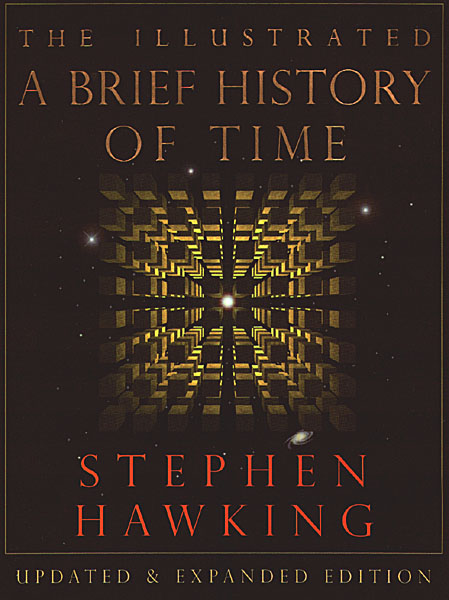The Structure of Intelligence
by
Ben Goertzel
Over the last century, psychology has become much less of an art and much more of a science.
Philosophical speculation is out; data collection is in. In many ways this has been a very positive
trend. Cognitive science (Mandler, 1985) has given us scientific analyses of a variety of
intelligent behaviors: short-term memory, language processing, vision processing, etc. And
thanks to molecular psychology (Franklin, 1985), we now have a rudimentary understanding of
the chemical processes underlying personality and mental illness. However, there is a growing
feeling -- particularly among non-psychologists (see e.g. Sommerhoff, 1990) -- that, with the
new emphasis on data collection, something important has been lost. Very little attention is paid
to the question of how it all fits together. The early psychologists, and the classical philosophers
of mind, were concerned with the general nature of mentality as much as with the mechanisms
underlying specific phenomena. But the new, scientific psychology has made disappointingly
little progress toward the resolution of these more general questions









